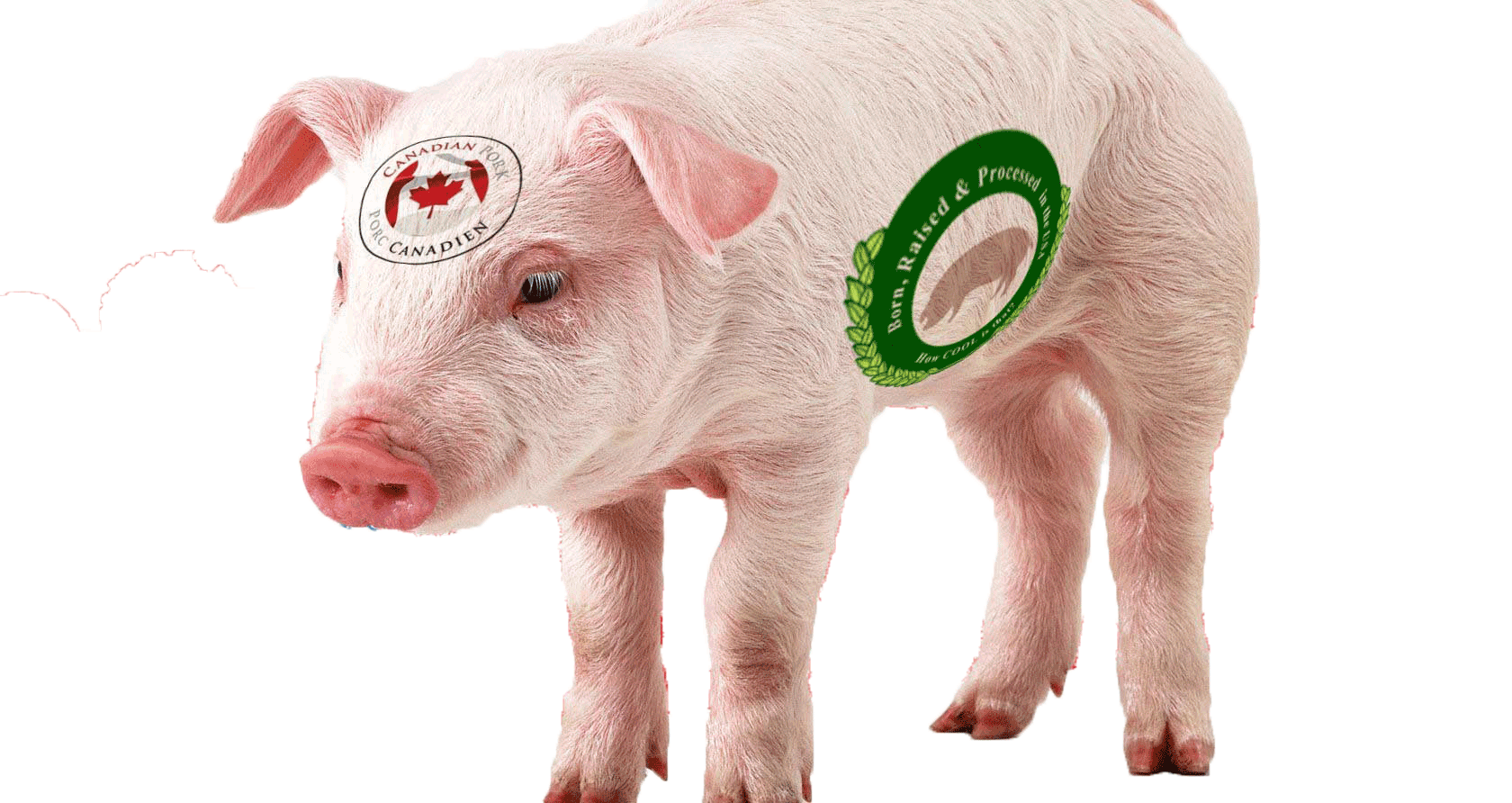Sharing Story of Agriculture with Canada’s Policy Makers Increasingly Important

The Executive Director of Farm and Food Care Saskatchewan says, as the rural urban divide widens across Canada, it becomes increasingly important for the story of agriculture to reach Canada’s policy makers
by Bruce Cochrane – Farmscape.ca
Established in 2014, Farm and Food Care Saskatchewan was created to engage with consumers to ensure they understand what farmers and ranchers do and why they do what they do.
Farm and Food Care Saskatchewan Executive Director Clinton Monchuk says, at the start of confederation, the predominant split was about 85 percent of the population lived in rural Canada and 15 percent in urban areas where as today that ratio has shifted to about 82 percent of the population living in urban areas and the other 18 percent in rural settings.
“When you look at policy development especially in Ottawa and the disconnect that a lot of the policy makers have from agriculture, you can see policies that are coming down into the agriculture industry that really don’t meet the needs of farmers”“Right now, when you look at policy development especially in Ottawa and the disconnect that a lot of the policy makers have from agriculture, you can see policies that are coming down into the agriculture industry that really don’t meet the needs of farmers or they are a little bit off base.
“We see that possibly becoming worse and worse when that lack of understanding of how farmers actually grow food is getting greater and greater.
“I think we’re starting to see some of that and that’s why it really is the responsibility of all of us in agriculture to make sure we get the truth out there.
“I think that’s something we all can do. Whether it’s that conversation with people on the bench at a sporting event or a kid’s musical play, what ever it happens to be there are those opportunities to engage with people in our communities and we just have to take them one conversation at a time.“
Monchuk suggests, because so much of the population lives in an urban area, the ability for consumers to have an association with farmers and see what farmers are doing is less and less so the more comfortable and confident farmers can feel about talking about their own farms the higher that engagement will be.
He acknowledges many consumers have a basic idea of what’s happening in food production but the not of the technologies or practices farmers use so the more farmers can get out there and engage with consumers, the more knowledge consumers will have.
Farmscape is produced on behalf of North America’s pork producers












